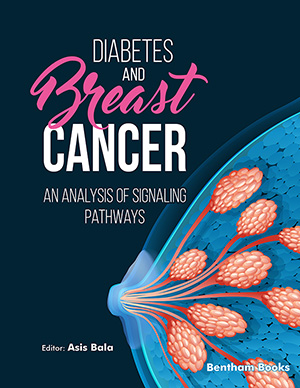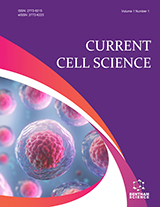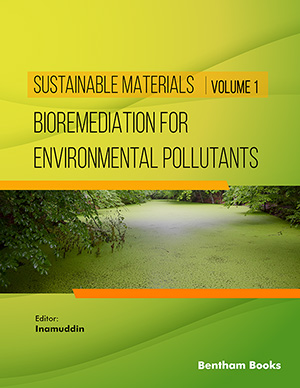Abstract
Breast cancer has continued to be one of the most common causes of cancer
death among females without sparing either those in modern societies or rural
communities. Breast cancer is, in general, the uncontrolled cell growth in the mammary
glands. This encompasses stromal and epithelial cells as the major cause of breast
cancer. The disruption of communication between stromal and epithelial cells is one of
the inducers of breast cancer. The mechanism surrounding this uncontrolled cell
growth is postulated to be due to the role played by cadherin molecules and WNT
signaling in mammary gland tumorogenesis and the hyperglycemia-driven modulation
of the progression of breast cancer. Among different FAT cadherin molecules,
repression of FAT4 mediates the Wnt signaling cascades, which regulate tissue
homeostasis, vascularization, tumorigeneses, cell invasion, and metastasis. The
epithelial-to-mesenchymal transition (EMT), which is promoted by transforming
growth factor beta (TGF-beta) through the Wnt Signaling pathway, leads to the
progression of breast cancer. This fundamental discussion may contribute to designing
new signaling-targeted therapeutic approaches to mitigate breast cancer and associated
factors for hyperglycemia.
Keywords: Breast cancer, Cadherins, Hyperglycemia, Hippo signaling pathway, Wnt signaling pathway.






















